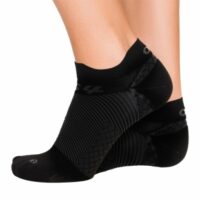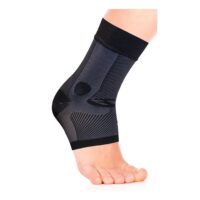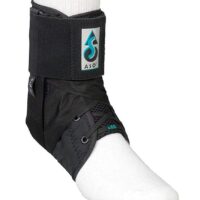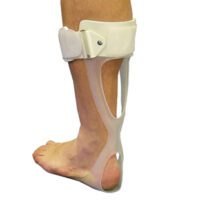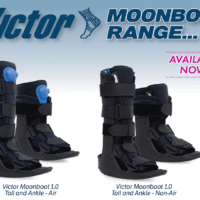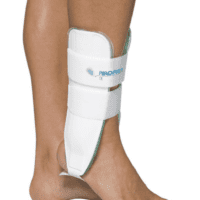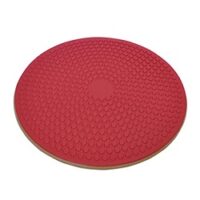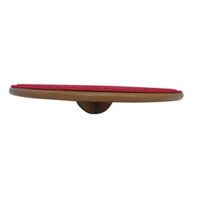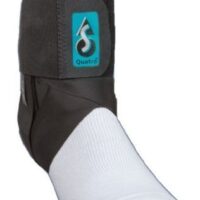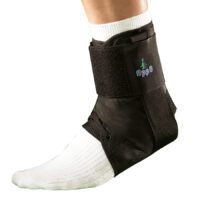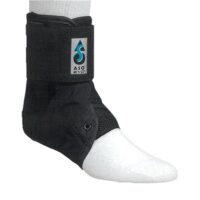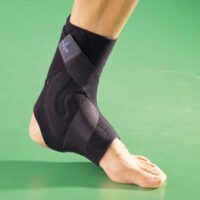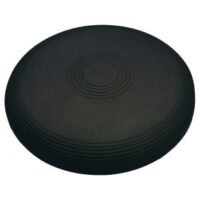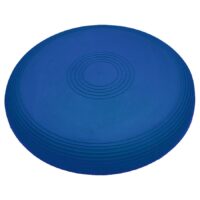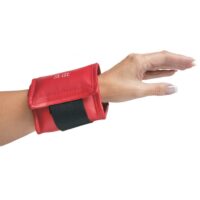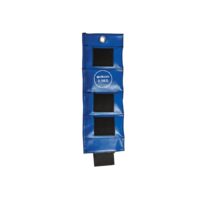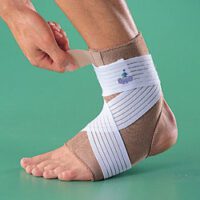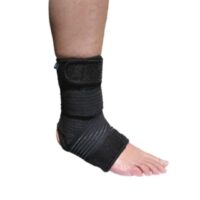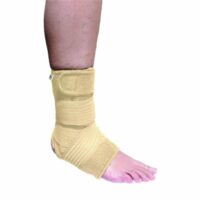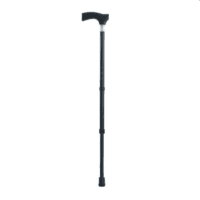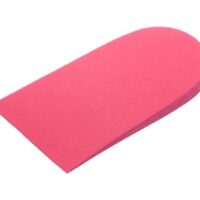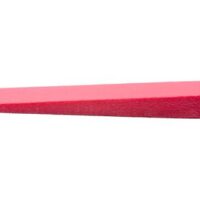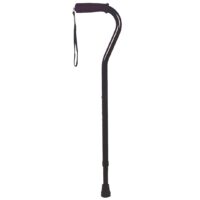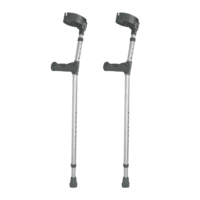Ankle Arthritis
Article by John Miller

Managing Ankle Arthritis: A Physiotherapist’s Guide
Introduction
Ankle arthritis is a condition that causes joint pain, stiffness, and swelling in the ankle. This article, crafted from a physiotherapist’s perspective, aims to provide valuable insights into understanding and managing ankle arthritis.
What is Ankle Arthritis?
Arthritis, encompassing over 100 medical conditions, affects joints and surrounding tissues. Ankle arthritis specifically targets the ankle joint, leading to pain, stiffness, inflammation, and cartilage damage. Contrary to popular belief, arthritis is not just an age-related condition; it can impact people of all ages and is often influenced by genetic factors.

The Impact of Early Diagnosis
Early diagnosis and intervention are crucial in managing ankle arthritis effectively. Timely treatment can significantly delay disease progression and reduce symptoms, enhancing quality of life.
Common Causes
The three primary types of arthritis affecting the ankle are osteoarthritis, rheumatoid arthritis, and psoriatic arthritis. Each type has unique characteristics and treatment approaches.
Managing Ankle Arthritis with Physiotherapy
Physiotherapy plays a vital role in managing arthritis. It can help alleviate pain, improve joint mobility, and strengthen muscles around the ankle. Physiotherapy techniques may include exercises, manual therapy, and advice on daily activities.
What to Do?
If you suspect ankle arthritis, consult a physiotherapist for a professional assessment and tailored treatment plan. Early intervention is key to effective management.
Conclusion
Ankle arthritis, while challenging, can be managed effectively with the right approach. Physiotherapy offers a range of treatments to help patients resume their daily activities with minimal discomfort.
Related Articles
Rochedale - Call 38410277
Book Online: RochedaleSalisbury - Call 32751044
Book Online: SalisburySandgate - Call 32691122
Book Online: SandgateCommon Causes of Ankle Pain
Introduction
Welcome to our detailed guide on the common causes of ankle pain. As physiotherapists, we understand how various conditions and injuries can lead to discomfort in your ankle. From sprains to degenerative diseases, this guide aims to provide clear insights for the general public on navigating these issues.
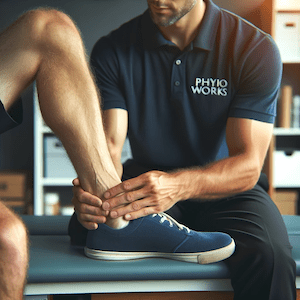

Sprained Ankles and Syndesmosis Injuries
Sprained ankles, including syndesmosis injuries, are among the most common issues we encounter. These injuries can range from mild ligament stretches to severe tears, impacting your mobility and quality of life. Understanding the specifics of each type is crucial for effective treatment and timely recovery.
Ankle Tendinopathies
Tendinopathies, such as those affecting the Achilles and tibialis posterior tendons, are common in active individuals. These conditions arise due to overuse or trauma, leading to pain and swelling in the affected area. Targeted physiotherapy can significantly aid in recovery and prevent future injuries.
Posterior Ankle Conditions
Conditions like posterior ankle impingement and retrocalcaneal bursitis can cause significant pain, especially during physical activities. Recognising these conditions early and starting appropriate treatment is vital for maintaining ankle health and functionality.
Ankle Arthritis
Arthritis in the ankle, often a result of wear and tear or injury, leads to joint pain and stiffness. Early intervention and proper management, including physiotherapy, are essential to slow its progression and manage symptoms effectively.
Biomechanical Conditions
Abnormal foot and ankle biomechanics can lead to various issues, from pain during weight-bearing to nerve compression. Understanding and treating these conditions are crucial for restoring normal function and preventing further complications.
Systemic Conditions That May Cause Ankle Pain
Systemic diseases such as rheumatoid arthritis can manifest as ankle pain. It's important to address these underlying conditions to effectively manage ankle symptoms.
Conclusion
Ankle pain can arise from a multitude of causes, each requiring a unique approach to treatment. If you're experiencing ankle discomfort, we recommend consulting a physiotherapist or doctor for a thorough evaluation. A personalised care plan can significantly improve your quality of life and mobility.
Related Articles
- Sprained Ankle Treatment & Recovery Guide - This article provides comprehensive information on managing pain and inflammation for a sprained ankle, including initial RICE steps and exercises for restoring mobility.
- Anterior Ankle Impingement: Causes, Treatments, Tips & Guide - Offers insights into the causes of anterior ankle impingement, its treatments, and practical tips for management.
- Posterior Ankle Impingement: Causes & Treatments - Explains the condition of posterior ankle impingement, its causes, and available treatment options.
- Tibialis Posterior Tendinopathy - Discusses the condition affecting the tibialis posterior tendon, symptoms, and implications for foot arch pain and ankle stability.
- Achilles Tendinopathy - Answers frequently asked questions about foot and ankle pain associated with Achilles tendinopathy and provides an overview of tendon injuries.
- How To Strap An Ankle - Guides on the correct techniques and types of tape for ankle strapping to prevent or manage ankle injuries.
Rochedale - Call 38410277
Book Online: RochedaleSalisbury - Call 32751044
Book Online: SalisburySandgate - Call 32691122
Book Online: SandgateFoot, Ankle & Heel Pain FAQs
Introduction
Welcome to PhysioWorks' comprehensive FAQ page on Foot, Ankle, and Heel Pain. Our expert physiotherapists are here to guide you in managing and overcoming discomfort. We’ve organised the FAQs into categories, each with a brief overview and links to in-depth articles, making navigation and understanding easier for you.


Foot Pain
Step into the various causes of foot pain and learn effective ways to relieve discomfort. Understand the impact of activities like barefoot running.
Ankle Injuries
Explore common ankle injuries and how to address them. From sprains to ligament damage, find out the best practices for care and prevention.
Heel Pain
Uncover the reasons behind heel pain and the effective treatments available. This section is particularly useful for understanding conditions like plantar fasciitis and heel spurs.
Achilles Pain
Find out how to manage and treat Achilles tendinopathy, a common concern for athletes and active individuals.
Shin Pain
Learn about shin splints, their causes, and how to alleviate this common issue, especially among runners.
Youth Injuries
Gain insights into youth leg injuries, including growing pains and heel issues in children.
Balance & Proprioception
Enhance your balance and proprioception with our professional advice and exercises.
Rochedale - Call 38410277
Book Online: RochedaleSalisbury - Call 32751044
Book Online: SalisburySandgate - Call 32691122
Book Online: SandgateRelated Articles
- Sprained Ankle Treatment & Recovery Guide: Offers detailed advice on how to manage sprained ankles, including immediate recovery steps and physiotherapy treatments.
- Ankle Pain: Effective Management And Treatment Options: Discusses various conditions leading to ankle pain and outlines effective treatment strategies, highlighting the role of physiotherapy in pain reduction and mobility improvement.
- Plantar Fasciitis: Provides an overview of plantar fasciitis, including common causes, treatment options, and related conditions like peroneal tendinopathy and Achilles tendinopathy.
- Achilles Tendinopathy: Focuses on the causes of Achilles tendinopathy, its impact on heel pain, and a range of treatment and prevention strategies.
- Ankle Strapping: Complete Guide To Injury Prevention: Explains the benefits of ankle strapping as a preventative measure against injuries, with a focus on techniques and materials.
- Heel Pain: Explores various causes of heel pain, including tendon injuries, foot injuries, bone injuries, and systemic conditions, alongside recommended treatments.



